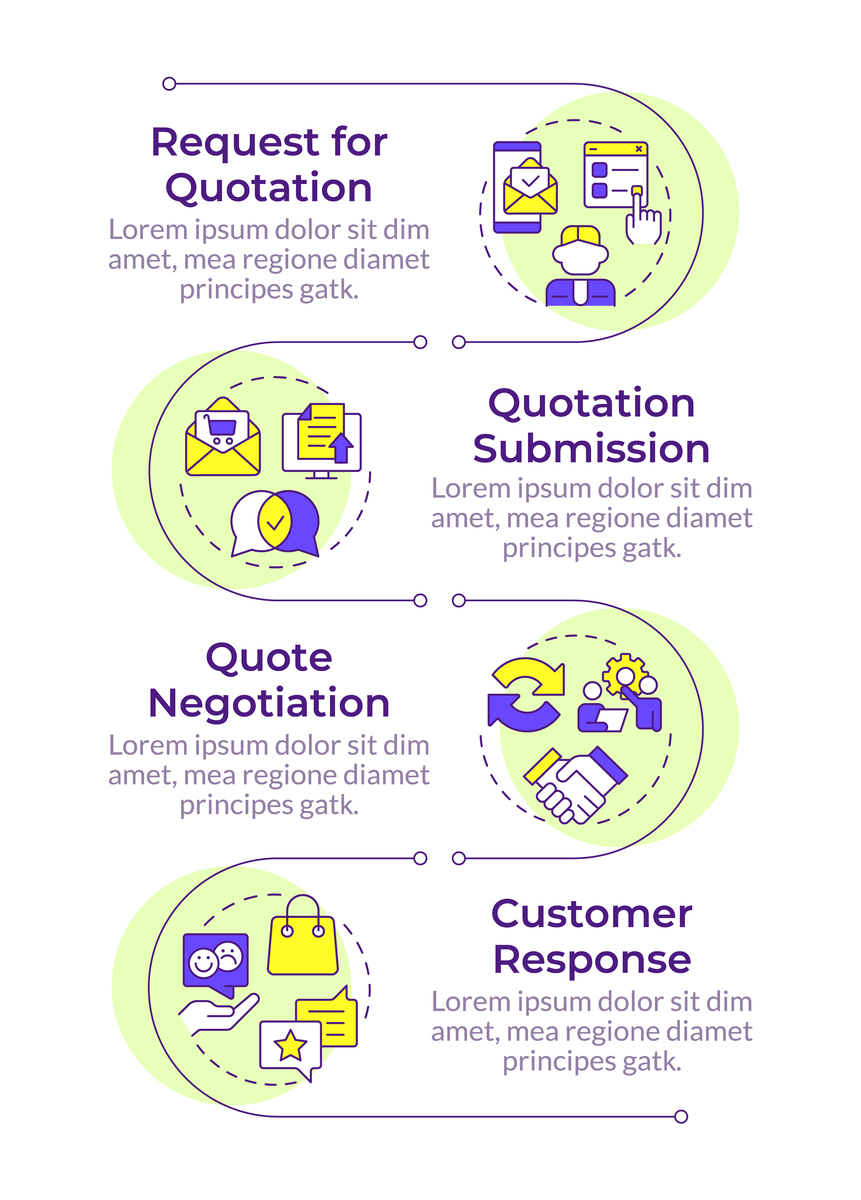Interpreting: Definition, Importance & Its Role in Today's World
Interpreting refers to the process of orally translating spoken language from one language to another. It involves a skilled interpreter who listens to the speaker's message in one language and then conveys the same message accurately in another language. Interpreting can occur in various settings, such as international conferences, business meetings, legal proceedings, healthcare settings, and even during casual conversations.
Interpreting plays a crucial role in facilitating communication and bridging language barriers between individuals or groups who speak different languages. It enables people to understand and exchange information, ideas, and emotions effectively, thus fostering understanding and cooperation on a global scale. Without interpreting, language differences could hinder effective communication, leading to misunderstandings, conflicts, and missed opportunities for collaboration and cultural exchange.
The importance of interpreting extends beyond mere language translation. Skilled interpreters also consider cultural nuances, context, and tone while conveying a message. They must possess excellent active listening skills, linguistic proficiency in both languages, and the ability to think quickly and accurately in real-time. Interpreters must also maintain impartiality, confidentiality, and adhere to ethical standards.
In today's interconnected world, interpreting has become more critical than ever. It promotes inclusivity, diversity, and equal participation across language barriers. It allows businesses to expand globally, facilitates diplomacy and international relations, and ensures access to essential services for individuals who do not speak the local language. Furthermore, interpreting is crucial in emergency situations, where accurate and timely communication can save lives.
In summary, interpreting is the vital process of orally translating spoken language from one language to another. Its importance lies in breaking down language barriers, promoting effective communication, fostering cultural understanding, and enabling collaboration and cooperation across diverse linguistic communities. Skilled interpreters are essential in facilitating successful interactions and ensuring that language differences do not hinder progress or impede human connections.

原文地址: https://www.cveoy.top/t/topic/pbiT 著作权归作者所有。请勿转载和采集!